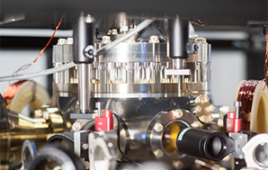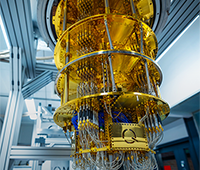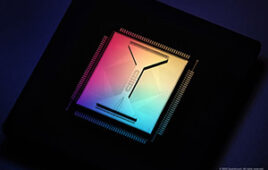Nobel Prize of Supercomputing Awarded
NVIDIA has announced that the Tokyo Institute of Technology’s Global Scientific Information Computing Center (GSIC) received the coveted Gordon Bell Prize, the supercomputing industry’s highest honor, with its NVIDIA Tesla GPU-accelerated supercomputer. The Gordon Bell Prize, awarded by the Association for Computing Machinery in conjunction with the Institute of Electrical and Electronics Engineers, recognizes achievements by researchers utilizing parallel computing to achieve scientific breakthroughs.
Takayuki Aoki’s research group at the GSIC won the Gordon Bell “Special Achievement in Scalability and Time-to Solution” award for its work on the Tsubame 2.0 supercomputer. The Tokyo Tech research team was recognized for achieving 2.0 petaflops of performance on a practical research application in single precision. The application, which is designed to simulate the behavior of metal alloy microstructures called dendrites, enables researchers to identify lighter, stronger metal materials necessary for the development of more fuel-efficient automobiles. Previous attempts to simulate these complex dendrite microstructures have been limited by the available performance of even the largest supercomputers.
“This kind of breakthrough performance and research is precisely why we decided to accelerate
Tsubame 2.0 with NVIDIA Tesla GPUs,” said Takayuki Aoki, professor of the Tokyo Institute of Technology. “This is one of many research projects we are working on that take advantage of the performance and energy-efficiency of GPUs.”
The Gordon Bell Prize carries a $10,000 award provided by Gordon Bell, a pioneer in high performance and parallel computing.
Tesla GPUs are massively parallel accelerators based on the NVIDIA CUDA parallel computing architecture. Application developers can accelerate their applications either by using CUDA C, CUDA C++, CUDA Fortran, or by using the simple, easy-to-use directive-based compilers.
For more information about Tsubame 2.0, visit http://www.gsic.titech.ac.jp/en
To learn more about Tesla GPUs, visit http://www.nvidia.com/object/tesla_computing_solutions.html
To learn more about CUDA, visit http://www.nvidia.com/object/cuda_home_new.html



